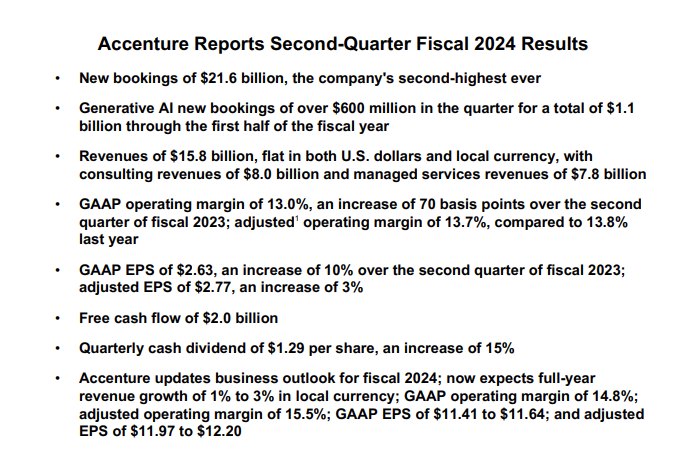Welcome to the Q3 2024 update for chaotic.capital LPs. I’m choosing to post a selection of our reporting publicly so prospective founders and LPs can see our thinking.
You may be invested in chaotic.capital because we invest in ideas that adapt humanity to our new chaotic era.
Enabling resilience in the face of unexpected & rapid change is our lodestar. It’s a simple heuristic that yields a complex thesis: that technology is a tool for increasing leverage.
In addition to these investor letters, you can always visit jfredrickson.com, where I write every single day about whatever I’m thinking about. You are also welcome to DM me on Twitter @AlmostMedia or text me on Signal any time.
Q3 was another strong quarter for chaotic.capital. Our ability to identify and back founders early remains core to our success and we’re seeing it both with the inbound flow from founders (as seen in the two new deals we did this quarter) as well as the progress from our existing portfolio, with four new markups this quarter and substantial business progress on those and others.
The markets are increasingly focused on power and compute. What was once a contrarian focus on energy, infrastructure, crypto, and artificial intelligence has now become a core narrative among informed investors.
We believe the future of compute—particularly in relation to crypto and AI—will increasingly be viewed as a basic right, not a privilege, as these technologies scale to mass adoption.
As governments grow more cautious about debt and monetary risk, individuals and organizations will turn to trustless systems to ensure secure transactions and autonomy.
This is why we focus our investments in the space on foundational layers that will power the next generation of applications.
With portfolio companies like Squads providing on-chain economy tooling, Kuzco reducing reliance on intermediaries while creating an open market, SFCompute pricing compute and creating spot markets, and Chroma becoming the go-to choice for open source vector databases, we see the intersection of crypto and AI creating secure, scalable systems for individuals and organizations alike.
Access to compute is quickly becoming synonymous with freedom of speech and, ultimately, the freedom to transact.
These open trustless systems enable efficient transactions and verification, a crucial development as geopolitical multipolarity continues to rise, and more people need to ensure their interactions are secure without reliance on the state.
While Americans might not yet fully appreciate this, we’re seeing growing demand for these alternative systems and open models from those who are navigating increasing regulatory pressures and instability.
Europeans, whose governments are deploying strict limits on AI models are beginning to understand, those from countries facing geopolitical uncertainty (e.g., Israel, Ukraine), live it already, and those in countries with unreliable currencies and legal systems have been navigating anarcho-tyranny for decades.
But it can be precarious in the US as well, in California it was only the intervention of a veto from Gavin Newsom that prevented SB-1047 from restricting compute and hobbling the development of open source models.
Looking forward, this ability to access compute at scale may well parallel the right to transact. As nations confront their own risks, network state behaviors will become more prevalent, driven by the need for secure, decentralized systems that ensure autonomy in an increasingly unpredictable world.
We’re excited about the future of chaotic.capital and the opportunities ahead. As always, I’d love to talk about any of this with your discussions with you, so feel free to reach out. We’re just getting started, and there’s much more to come.

